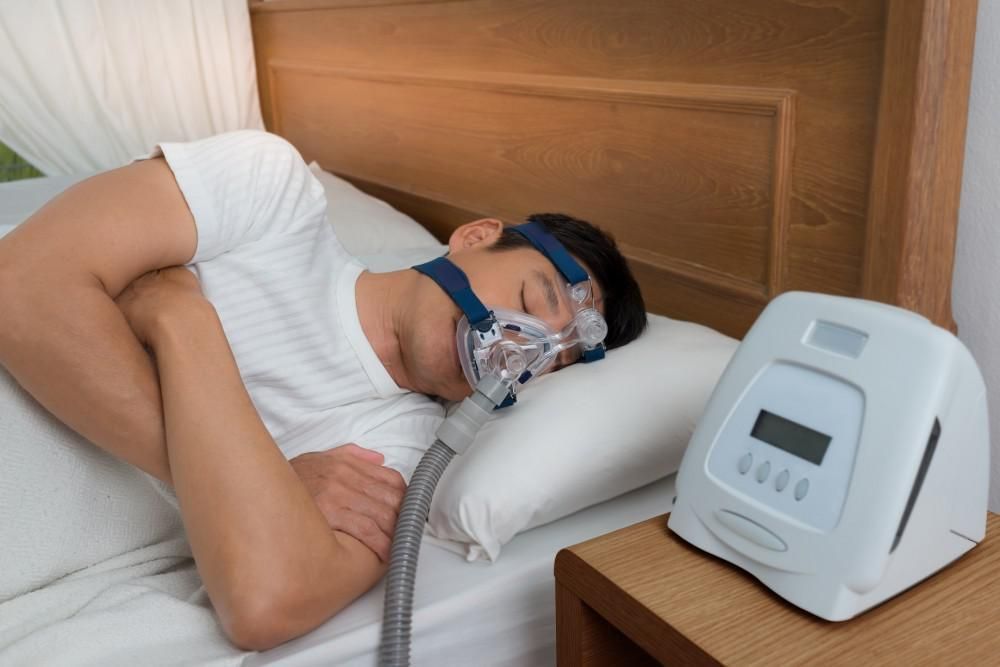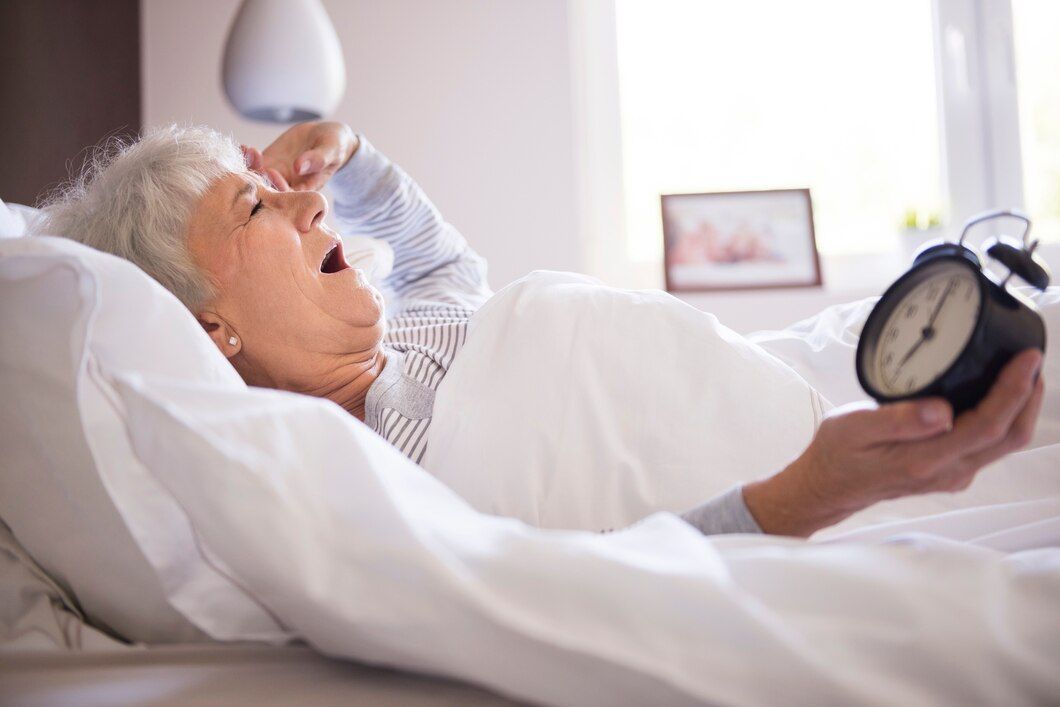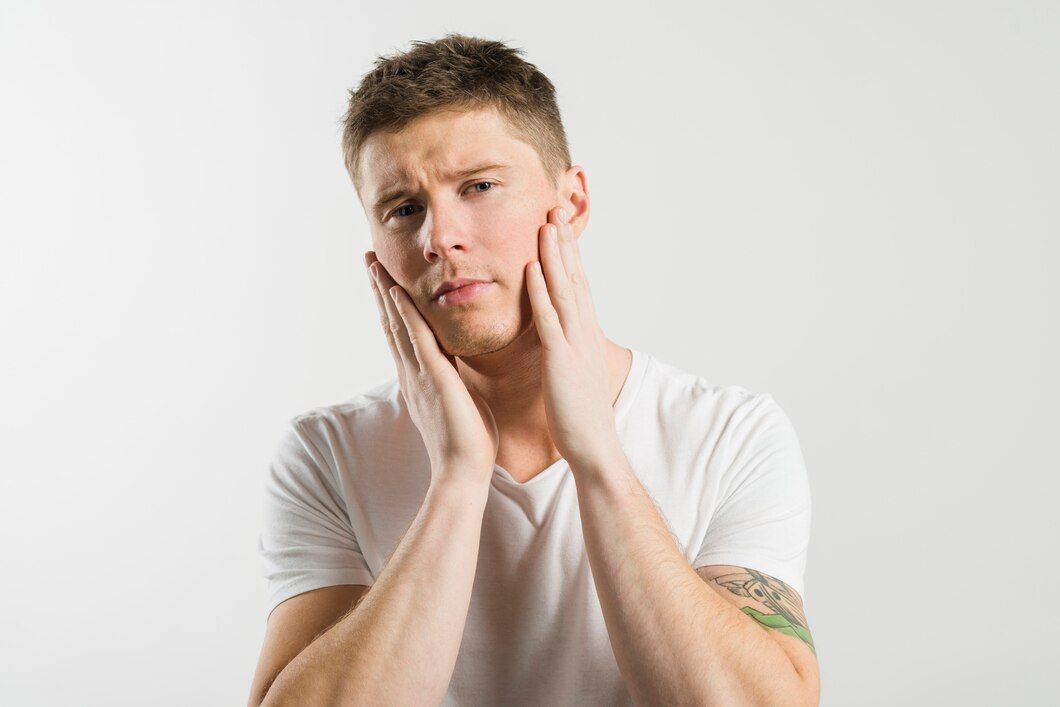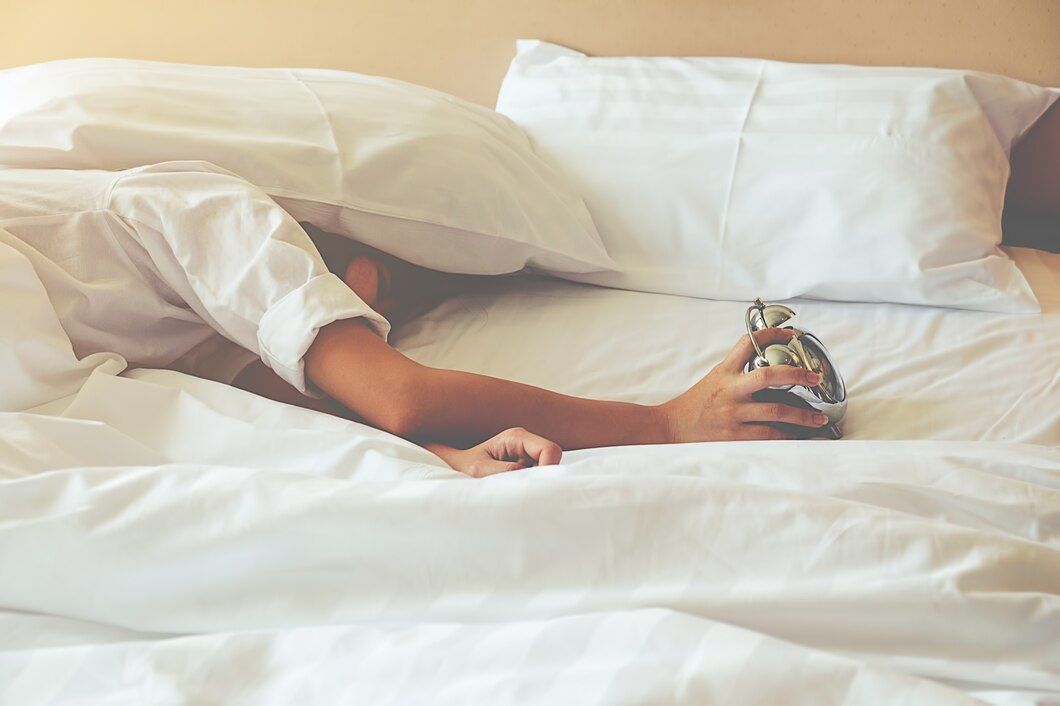CPAP or Oral Appliance: Which Is Better?

When you have sleep apnea, it’s not just your partner who suffers with your loud snoring. You suffer from the disorder, too, and not just with poor sleep. Sleep apnea can lead to a number of other issues as well, so getting treatment is essential to your health.
CPAP is the traditional go-to therapy, but some patients struggle with side effects from using the device. An alternative is oral appliance therapy. So how do you choose?
At The Snoring and Sleep Apnea Center, our team specializes in treatments for sleep apnea. Leading our team is Dr. Katharine Christian, who’s an expert in sleep medicine. She can help you decide between CPAP therapy and oral appliance therapy when you’re losing sleep from this condition.
What is sleep apnea?
Sleep apnea is a complex sleep problem that causes your breathing to stop during sleep. It’s often associated with loud snoring, although just because you snore doesn’t mean you necessarily have sleep apnea.
If you wake up feeling tired, even after sleeping for hours, you may have sleep apnea. There are a few different types of sleep apnea.
Obstructive sleep apnea
This form of sleep apnea happens when the tissues in your throat obstruct your airway. This can be due to obesity or from the muscles relaxing, allowing the soft tissues to cover your airway.
Central sleep apnea
Central sleep apnea doesn’t have anything to do with the tissues in your mouth. In this form of the disease, there’s a disconnect between your brain and the muscles that allow you to breathe. Your brain doesn’t send the proper signals, causing you to stop breathing for short periods at night.
Complex sleep apnea syndrome
In this disease, you suffer from both obstructive sleep apnea and central sleep apnea at the same time. This makes it harder to treat than the other two, because both problems need to be addressed.
Signs and symptoms of sleep apnea
Understanding the signs of sleep apnea is the first step in getting treatment. If your partner tells you that you’re gasping for air at night or your snoring is extremely loud, sleep apnea could be the culprit. Other signs and symptoms of this disorder include:
- Periods of apnea (interrupted breathing)
- Headache in the morning
- Excessive tiredness during the day
- Dry mouth
- Insomnia
When you experience any of these symptoms, it can be scary for both you and your partner. Getting treatment is key to preventing further medical problems from sleep apnea. CPAP is the typical treatment, but there are alternatives available, including effective oral appliances.
CPAP vs. oral appliance for treatment
Continuous positive airway pressure, or CPAP is often the first method of treatment patients try for obstructive sleep apnea. However, it’s not your only treatment option. Oral appliance therapy is just as effective and has fewer side effects.
The CPAP machine works by pushing air into your mouth or nose while you sleep to keep your airway open. The pressurized air comes through a mask that fits over your mouth and/or nose to keep the tissues from obstructing your air passage at night.
While CPAP does work very well for sleep apnea, you may find that it has a few undesirable side effects. This appliance can cause discomfort from the mask itself along with other problems like:
- Headaches
- Dry mouth
- Stuffy nose
- Nosebleeds
- Skin irritation
- Sinus infections
These side effects don’t happen to everyone, but if they occur, oral appliance therapy may be better for your sleep apnea.
Oral appliances work in one of two ways — either moving your jaw forward to keep your airway open or preventing your tongue from falling into your airway. A short-term version is good for travel, when you don’t want to drag your CPAP along. The long-term version is custom-made to you and lasts for up to seven years; it’s also adjustable, making it ideal to wear night after night.
Dr. Christian may not recommend oral appliance therapy if you have severe sleep apnea. These appliances are better for mild to moderate types of the condition.
Which option is better for you?
Both CPAP and oral appliance therapy are effective for sleep apnea, and which one you choose is truly up to you. The best treatment is the one that you’ll use to ensure you get a good night’s sleep and to protect your health from the effects of apnea.
Oral appliance therapy may be the best option if your obstructive sleep apnea is paired with insomnia. Although CPAP therapy helps the sleep apnea portion of the problem, it may worsen your insomnia. Oral appliances are much more comfortable, and they’re easily portable anywhere you find a good place to sleep.
Insomnia shouldn’t be a reason to continue to suffer from obstructive sleep apnea. Dr. Christian offers several oral appliances to not only help you breathe better, but get a good night’s sleep, too.
Dr. Christian takes all aspects of your health into account when helping you decide on a treatment. If you’re struggling with sleep apnea, don’t hesitate to call our office at (206) 770-0260. You can also request an appointment using our online booking tool.






